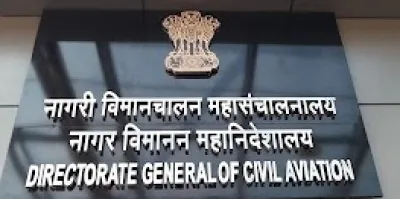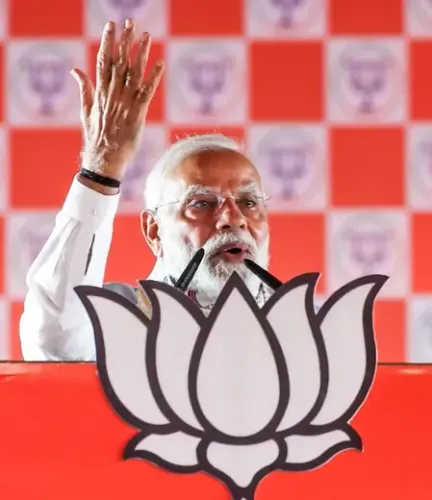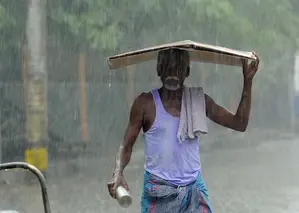What Actions is DGCA Taking Following Air India's Boeing 787 Crash?

Synopsis
Key Takeaways
- DGCA mandates safety inspections for Air India's Boeing 787 fleet.
- Inspections include pre-departure checks and fuel system evaluations.
- Investigation into crash involves international experts.
- Immediate actions required to address safety concerns.
- Air India to report findings to DGCA promptly.
New Delhi, June 13 (NationPress) The Directorate General of Civil Aviation has mandated an urgent enhancement of safety inspections for Air India's Boeing 787-8/9 fleet following the tragic crash of the airline's London-bound flight. This crash occurred mere seconds after take-off from Ahmedabad airport, claiming the lives of 241 individuals on Thursday.
As a precautionary measure, the DGCA has instructed Air India to implement additional maintenance protocols on the 787-8/9 aircraft powered by Genx engines without delay, in collaboration with the relevant regional DGCA offices.
These protocols include a mandatory pre-departure check for flights leaving India starting from June 15, inspections of fuel parameter monitoring systems, as well as checks on the cabin air compressor and its related systems.
Additionally, Air India is required to conduct tests on the electronic engine control system, operational tests for the fuel-driven actuator, and thorough checks on the oil system.
The airline must also perform serviceability checks on the hydraulic system of the aircraft, reassess take-off parameters, and incorporate a 'Flight Control Inspection' during transit inspections until further notice.
Within two weeks, Air India is to execute power assurance checks and complete maintenance actions based on a review of repetitive issues encountered over the last 15 days concerning the 787-8/9 fleet.
A report detailing these checks must be submitted promptly to the DGCA, as stipulated in the order.
The black box from Air India’s unfortunate Flight AI171 has been retrieved, and investigations are underway to determine the crash's cause. Experienced pilots suggest the possibility of a dual-engine failure on the Boeing Dreamliner, potentially triggered by a bird strike, fuel contamination, blockage, or a combination of these factors.
In the coming days, Indian investigators will be joined by experts from the US and UK to assist in the investigation.
The Boeing 787-8 Dreamliner was operated by Captain Sumeet Sabharwal, who had accumulated over 8,000 flight hours, along with co-pilot Clive Kunder, who had over 1,000 hours of experience. Shortly after take-off, the pilots issued a Mayday call, but no further communication was received, leading to the aircraft crashing into a medical college building and igniting a fire.









